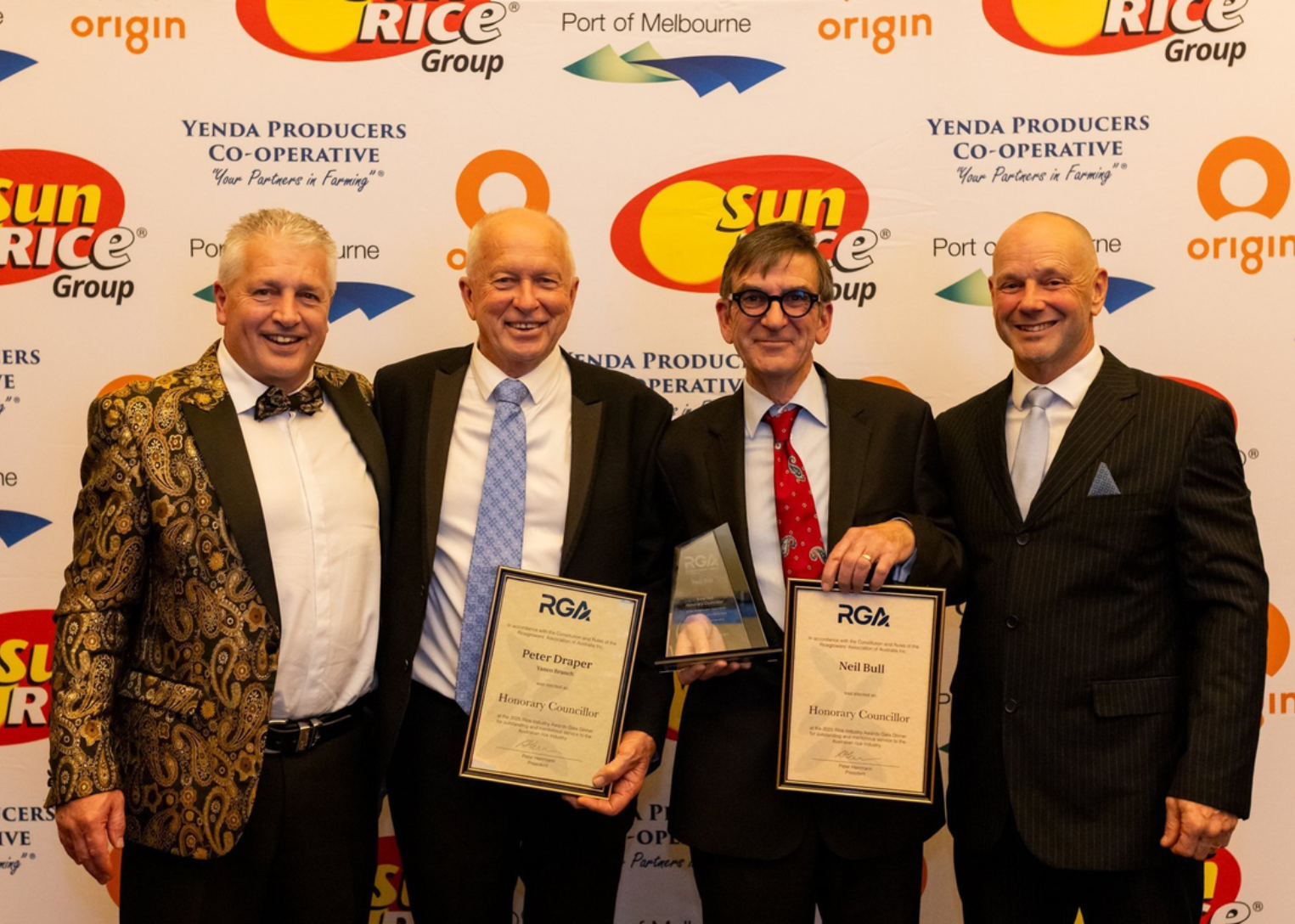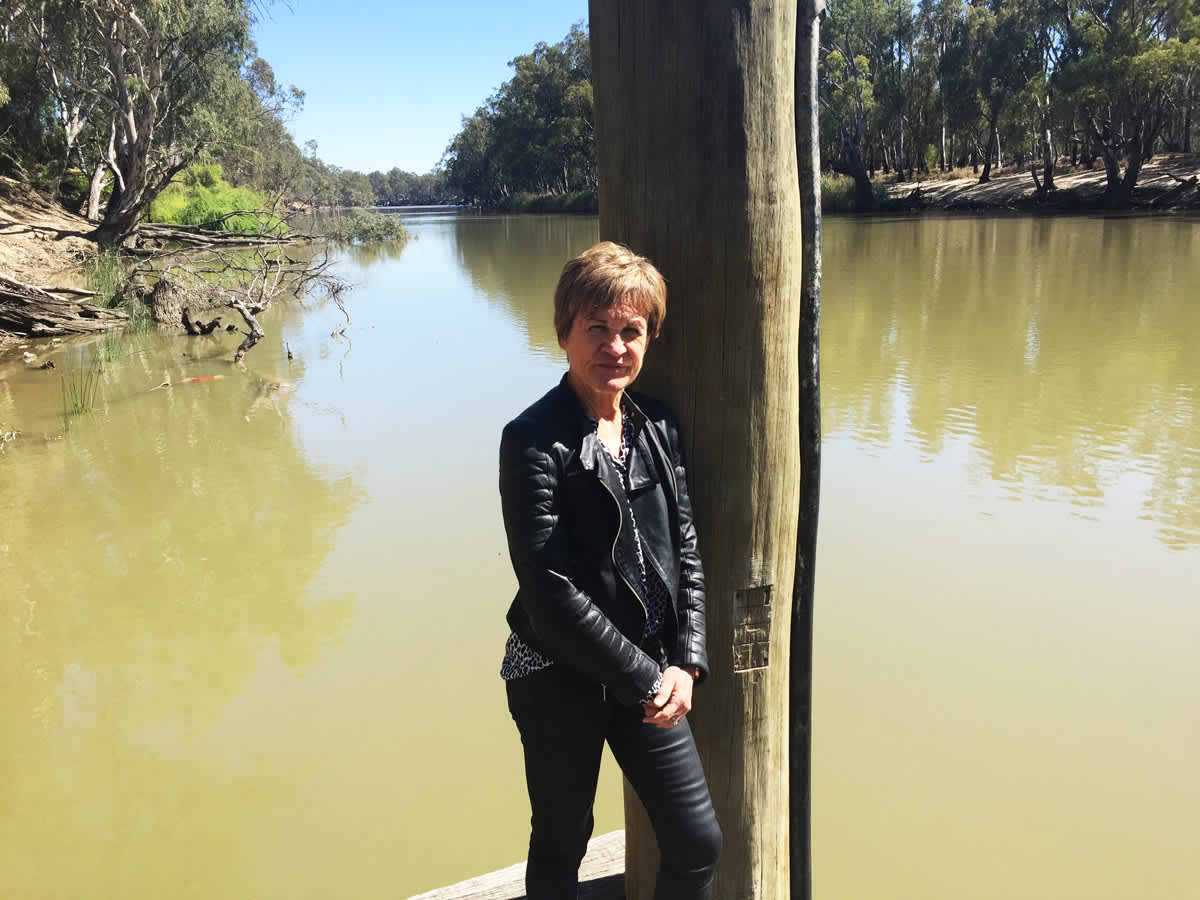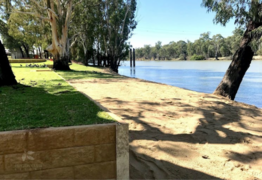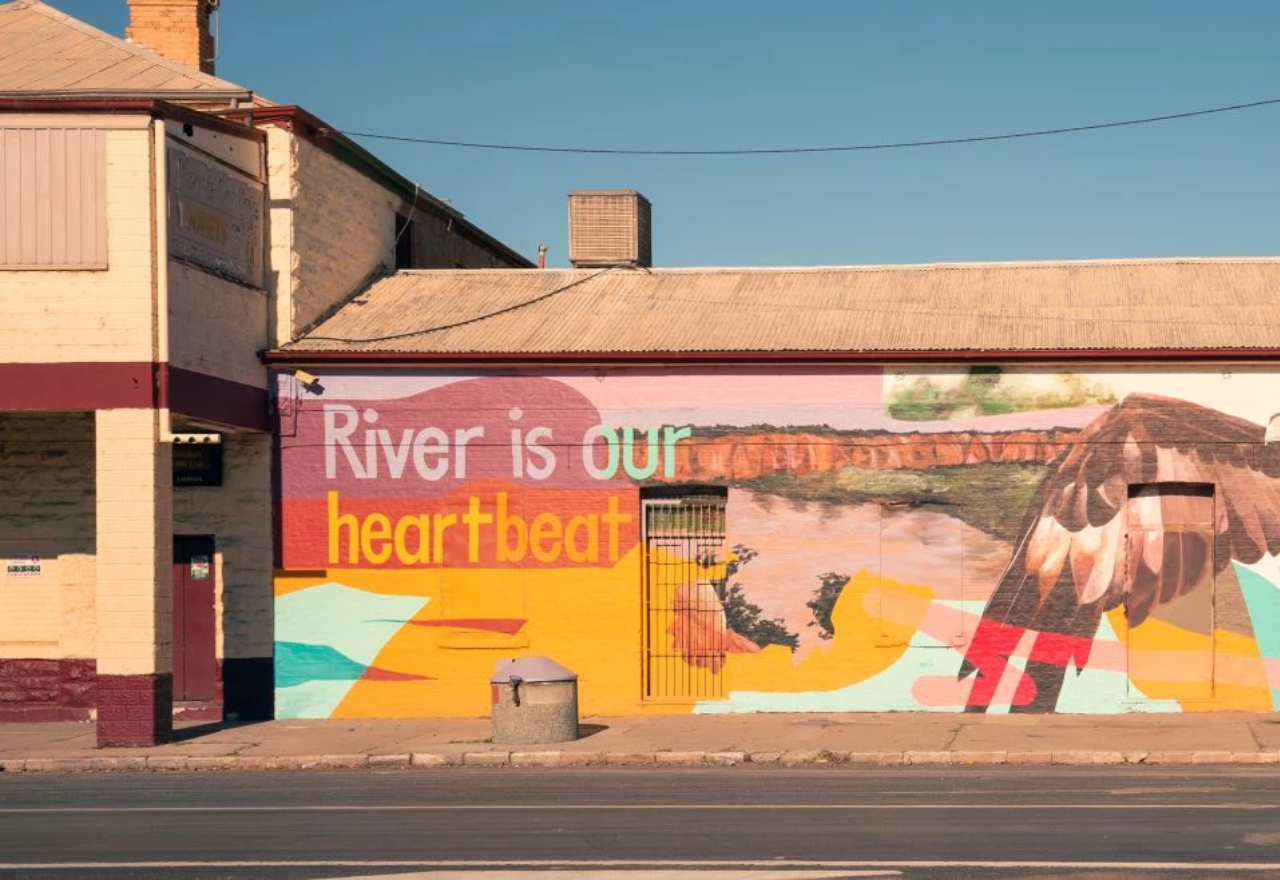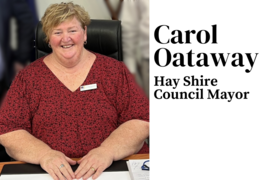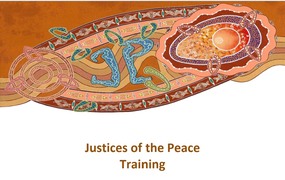General Manager Brett Stonestreet retires from Griffith City Council
Kimberly Grabham
19 August 2025, 8:00 PM
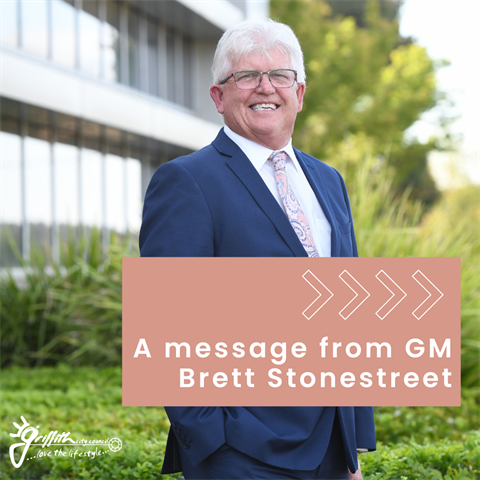
After 14 years at the helm of Griffith City Council, General Manager Brett Stonestreet is hanging up his hat, leaving behind a legacy of financial transformation and community resilience. But for Stonestreet, it's not the numbers on balance sheets or infrastructure projects that he'll remember most – it's the people.
"To have the privilege of working with such amazing staff, and this is not a flippant comment," Stonestreet says when asked by a council representative during a recent Q and A about the most rewarding part of his role.
When Stonestreet arrived at Council in 2011, the organisation was facing some serious financial headwinds.
"Our financial position was not sustainable," he reflects matter-of-factly. What followed was a comprehensive overhaul that would define much of his tenure.
Through significant internal cost reductions and the identification of additional revenue streams beyond the traditional rates and charges, Stonestreet's team managed to extend Council's financial sustainability by more than a decade.
This solid foundation then enabled Council to leverage substantial grants and partnership capital for crucial infrastructure projects.
It's the kind of behind-the-scenes work that doesn't make headlines but forms the backbone of everything a council can achieve for its community.
Without financial sustainability, there's no capacity to build, maintain, or improve the services residents rely on daily.
Ask Stonestreet about his proudest moments, and he doesn't reach for spreadsheets or project completion certificates. Instead, he recalls three defining moments that showcase the character of his team and community.
First was the major organisational restructure in 2012 – never an easy process when people's livelihoods are at stake.
"This was a difficult time for everyone, but I am so proud that our staff as a whole approached this in a mature fashion and got on with the job," he says.
Then came the floods of March 2012, a tragedy that devastated residents and businesses, particularly in Yenda, Hanwood, and Yoogali. "Griffith City Council staff 'stood up when it counted'," Stonestreet recalls with obvious pride.
"Everyone pitched in without question to assist others who needed a helping hand."
The third example touches on something unique to regional council work – the fishbowl effect.
"Unlike metropolitan councils, regionally based council staff cannot disappear into anonymity by jumping on a suburban train after work," Stonestreet observes.
"You all live and work in the same community and this can at times be a very challenging environment."
It's a reality that anyone who's worked in a regional centre understands intimately.
Your decisions at work become dinner table conversations throughout the community. Your face is known at the supermarket, the school pickup, and the local pub. Privacy becomes a luxury, and criticism can feel intensely personal.
"Notwithstanding this, you all 'keep on keeping on' knowing that you are making a positive difference," Stonestreet says, and you can hear the respect in his voice for staff who navigate these challenges daily.
Stonestreet's connection to local government runs deep – it's been central to his life since he was just 18 years old. The story of how it all started has that wonderful serendipitous quality that many career-defining moments possess.
"Back in 1980, my Dad noticed an advertisement in the 'Lyndhurst Shire Chronical' (Blayney Newspaper) for a cadetship at the local Council," he recalls. "My LG story started there."
From those humble beginnings as a cadet to leading one of regional NSW's most significant councils, Stonestreet has witnessed the evolution of local government across more than four decades.
He's seen communities grow, challenges change, and the constant thread that connects it all – the importance of good people working together for their community.
As for retirement plans, Stonestreet and his wife Vicki have a road trip through central Queensland lined up first – the classic Australian way to mark a major life transition. After that, they'll return to their Griffith home to "explore the next chapter."
"I'll be doing some work for sure, but not on a full-time basis," he says, and admits that local government will probably still play a part in his future. Once it's in your blood, it seems, it's hard to shake.
When asked for a final message to the Griffith community, Stonestreet's response is characteristically warm and optimistic: "Thank you for the opportunity to be part of this community and as Griffith always does, 'keep the glass half full'."
It's a fitting farewell from someone who's spent 14 years working to ensure the community had good reasons to maintain that positive outlook. Through financial challenges, natural disasters, and the daily complexities of regional governance, Stonestreet has been a steady hand at the wheel.
As he prepares to step away, Griffith City Council isn't just losing an experienced administrator – it's farewelling someone who understood that at its heart, local government is about people serving people. In a world that often feels increasingly impersonal, that's a legacy worth celebrating.
The road trip beckons, but something tells us this won't be the last we hear from Brett Stonestreet. After all, local government is in his blood, and Griffith will always be home.
NEWS
SPORT
RURAL
COMMUNITY
JOBS
VISIT HAY
VISIT BALRANALD
VISIT OUTBACK NSW
EVENTS
LOCAL WEATHER
FOR SALE




